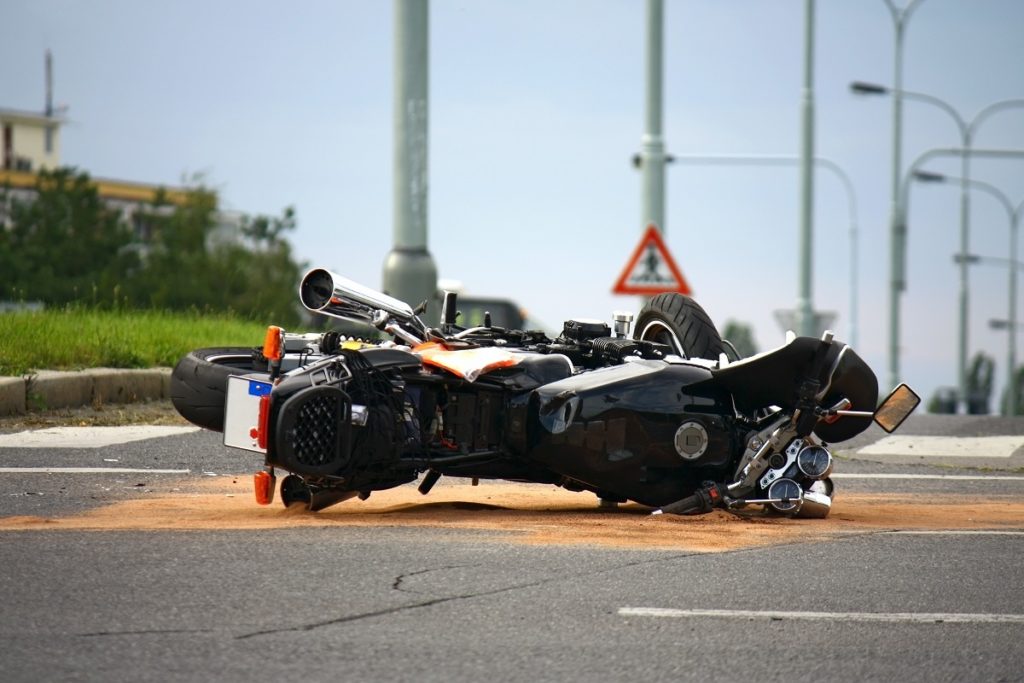Getting into an accident can be a simple or complex matter, depending on a lot of factors. One of the biggest questions that arise when you suffer any kind of injury in public is accountability. Is there anybody to blame for seemingly innocent accidents, and if so, how do you make them liable? This is especially true if your injuries are serious. You’ll want to get proper compensation for any loss you’ll suffer and prevent the same thing from happening to others.
If you know someone who’s currently in this situation or you are wary of getting into one because of your surroundings, there are things you can learn that will help you.
What Injuries?
The government is responsible for providing and maintaining public spaces such as museums, sidewalks, roadways, and parks. You or someone you know can get injured in any of these places for a number of reasons like a lack or absence of warning signage, malfunctioning equipment, improperly maintained stairs and roads, as well as damaged playground equipment. You may also get injured due to a slippery floor or falling objects from a dilapidated roof.
The next important matter to determine is whether you or the government is responsible for the accident. There are several ways to do this. The easiest is to discover whether the cause of your accident is a damaged public property or a dangerous condition in a public space that could’ve been prevented. Would it have happened if the sidewalk was properly maintained? Could you have avoided it if they placed the proper signage? It could be that you’ve noticed the same problem for weeks while you’re commuting, and you’ve heard a number of people complaining about it. If the answer is yes, then you can make the government liable for your injury.
Is It Really Not My Fault?
While it’s tempting to play the blame game the second you slip and fall in Central Park, it’s best if you hold your horses. There’s another big factor that you have to consider. If your accident happens within the vicinity after it’s been closed to the public, it’s not the government’s fault. The same applies when you get injured because you’re sliding down the railing or using public amenities in ways you aren’t meant to.
I’m Sure Now; What’s Next?

Let’s say your slip-and-fall accident in Central Park is really not your fault. Do you call a personal injury attorney? New York City will give you countless options when it comes to reliable attorneys, but filing a lawsuit at once is not yet the most practical course of action.
Your priority is to get emergency treatment right after you incur an injury. You will also have to call the police to ensure that the accident gets an official report. If your injuries are not life-threatening, take pictures and document as much of it as possible. You’ll want to include footage or photographs of your surroundings and any particular damage on the floor, roof, or public amenity that caused or contributed to your accident. Were there people nearby who saw the accident? Ask any person who helped you to give a witness account of what happened. You may think it’s unnecessary or too embarrassing, but remember that getting a witness testimony can help you succeed in filing a claim.
You should also document your medical treatment and how your injury is impacting your lifestyle. An injury can detract from your life in many ways. Even a sprained ankle can lead to missed work days or tardiness, which then results in salary deductions. Dedicate a folder for all of these things, as they will prove useful.
Should I File a Claim?
If you meet the conditions mentioned above, you may find it best to file a claim. Get a personal injury lawyer from New York to help you get the lawsuit in order and guarantee good results. The case will be filed against the agency that is responsible for the public space where your accident occurred.
This is where your documentation will come in handy. They will help your lawyer establish a case and prove the agency’s liability. If everything goes according to plan, then the case will conclude with the public agency paying you for your losses.
It’s Not Always a Walk in the Park
While the court may issue a judgment in your favor, it doesn’t mean that the worst is over. Collecting payment might be another hurdle depending on the agency you’re up against. They may even file an appeal for retrial, which will extend the process of getting paid for your losses.
If you decide to file a claim, make sure to do so with a good lawyer and the right expectations. It may not be a walk in the park, but it’s often worth fighting for compensation and making a public agency accountable.











